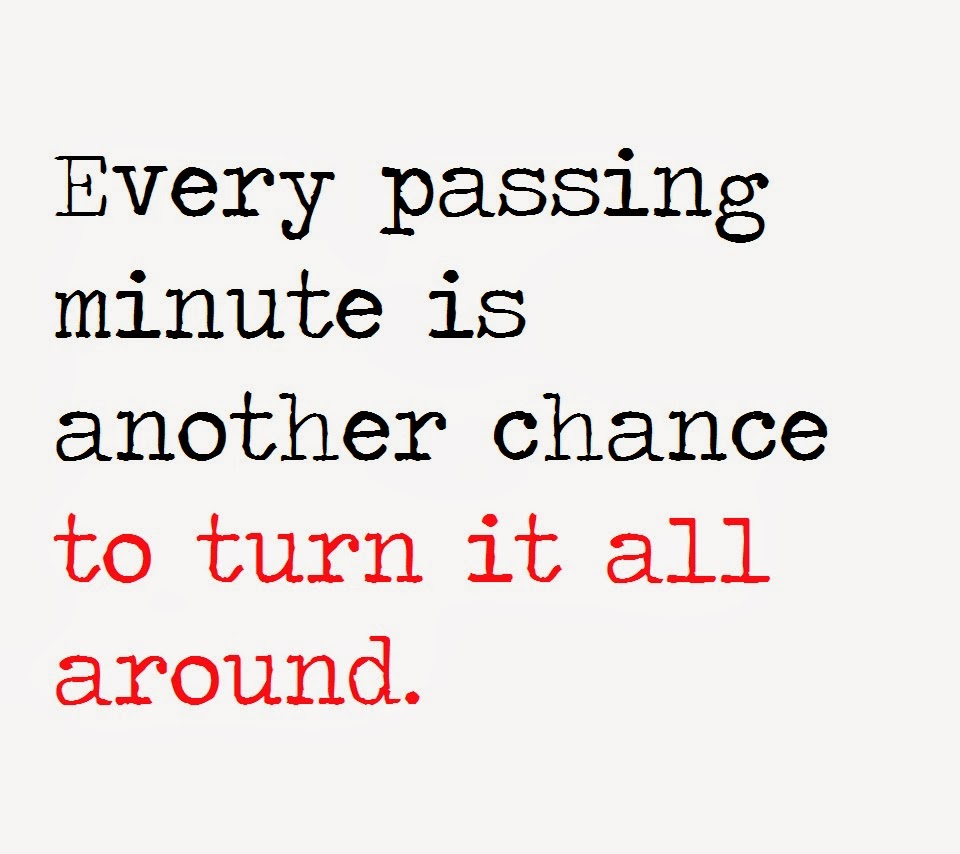Nelson Mandela made a profound statement about
education and one cannot deny the truth in his statement that "Education
is the most powerful weapon that can be used to change the world".
In as much as the statement by the late President
of South Africa; Nelson Mandela is true, we can also not deny the fact that the
development of a country lies in the education of its people and that a country
that does not take education to heart stands to ruin.
All luxurious stuff can be given to a child by a
parent but without education all the things that are given the child becomes
meaningless. This is because the child could lose all the things given him/her
in a twinkle of an eye through disaster; being it natural or artificial (earthquake,
fire, flood, abusive guardian etc). But education is the only legacy,
inheritance or property that can be given to a child and would last for a life
time or cannot be taken away from him/her. This is because education becomes an
in built property and remains in the brain or head of the child.
It is sad that some children are deny access to
this most powerful weapon in the world that can assist them to be influential
people in their communities.
Space and time will not allow for names to be
mentioned of people who have in one way or the other influenced their society
in particular and country in general. We cannot forget the influence and
contribution of Nelson Mandela, Komla Dumor , Kwame Nkrumah, Margaret Thatcher
(all deceased), President Obama and all the democratically elected presidents
of countries, just to mention a few.
They found/find themselves where they were and
are now as a result of their ability to having the opportunity to have access
to the most powerful weapon for change; education.
Human Capital and Social Development International
(HuCASDEVI); knowing and realising the relevance of education in the
development of communities, especially deprived ones is embarking on an
educational promotion campaign to promote education in deprived communities.
The campaign or project dubbed "The Most
Powerful Tool for Change", uses drama to educate deprived communities on
the imporance of education to the development of the community and also to
encourage parents and guardians to ensure that their children have access to
this tool.
The first project or campaign starts on Valentine’s
Day, 14th February, 2014 at Otinibi in the Greater Accra Region of Ghana.
 |
| A visit to the stone quarry site |
 |
| Parent and children involved |
The main economic activity in Otinibi is stone
quarrying and most people including children are involved in this activity.
Children are quarrymen at the expense of education and as stated above a
community or country that does not take education seriously stand to ruin and
lacks behind in terms of development. Students from the Otinibi Basic School
are the characters in the drama, that educate viewers what education can do to
a community. It is a story about three families with two of them taking
education very seriously and the other seeing it as a waste of time. To know
the whole story join the whole community and invited special guest on Friday,
February 14, 2014 from 09:00 to 12:00 GMT at the premises of St. Augustus
School Complex in Otinibi.
Attending the occasion on that day or invited
people include: Hon. Anku; Municipal Chief Executive for La Nkwantanang Municipal
Assembly, Chief of Otinibi, Heads of educational institutions etc.
Invited media houses or stations are United
Television (UTv), Multi TV, Net2, TV Africa and GTV. Also Adom FM and Peace FM
are also covering the programme.
Sponsors for the day are Africa Cola, Eva Cool
Water, La Nkwantanang Municipal Assembly, Pen & Plastic, Multipro (Indomie)
and Fan Milk Ghana.
 |
| Quarrymen instead of students |
HuCASDEVI hope to increase the school enrolment
rate in Otinibi and encourage students and parents to take education seriously
as it is the most powerful weapon that can be used to change the world.




